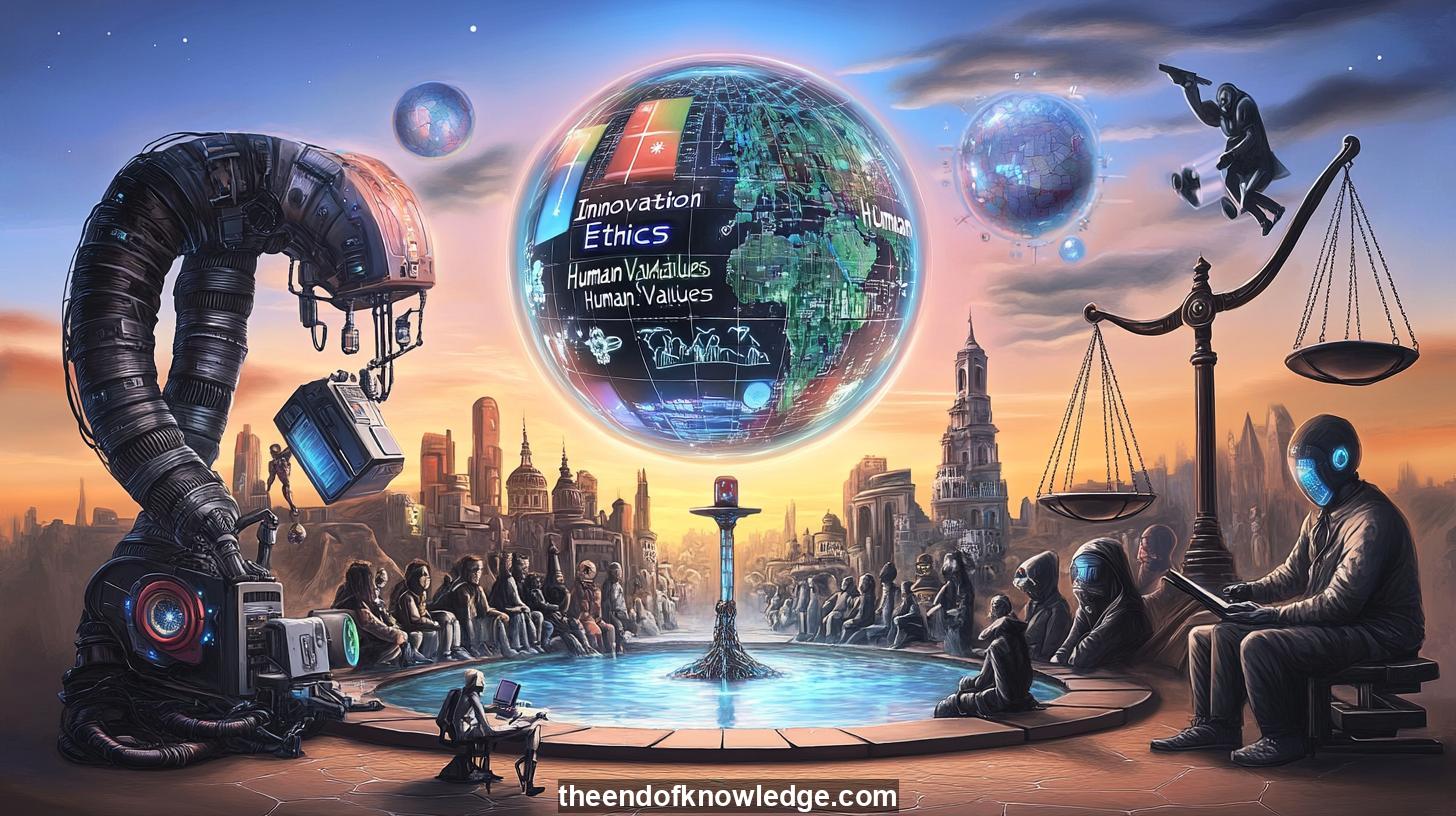 >
>
Concept Graph, Resume & KeyIdeas using DeepSeek R1 :
Resume:
The discussion revolves around the rapid evolution of artificial intelligence (AI) and its implications for security, ethics, and society. Vincente Rela, an expert in cybersecurity and AI, highlights the dual nature of AI as both a powerful tool and a potential risk. He emphasizes the need for continuous compliance and ethical considerations in AI development, particularly in sectors like finance and healthcare. Rela also discusses the challenges of regulating AI, noting that while Europe is leading in ethical AI frameworks, other countries may not follow suit, leading to a competitive imbalance. The conversation touches on the potential for AI to be weaponized, the importance of transparency in AI decision-making, and the societal impact of AI on jobs and human interaction. Rela stresses the need for a balanced approach to AI development, ensuring that technological advancements align with human values and ethical standards.30 Key Ideas:
1.- AI's rapid evolution raises concerns about its impact on security and ethics.
2.- Continuous compliance is essential for ensuring AI systems meet regulatory standards.
3.- Ethical considerations in AI development are critical to prevent misuse.
4.- Europe is leading in establishing ethical AI frameworks, but global adoption is uneven.
5.- AI has the potential to be weaponized, posing significant security risks.
6.- Transparency in AI decision-making is vital for trust and accountability.
7.- The societal impact of AI on jobs and human interaction must be carefully managed.
8.- AI systems can perpetuate biases present in their training data.
9.- Cybersecurity threats are evolving alongside AI advancements.
10.- AI regulation must balance innovation with ethical and security concerns.
11.- The future of AI depends on aligning technological progress with human values.
12.- AI systems can be used to manipulate public opinion and spread disinformation.
13.- Ensuring accountability in AI development is a global challenge.
14.- AI has transformative potential in fields like healthcare and education.
15.- The ethical implications of AI require interdisciplinary collaboration.
16.- AI systems must be designed with human well-being as a priority.
17.- Public awareness of AI risks is crucial for informed decision-making.
18.- AI regulation should address both opportunities and challenges.
19.- The integration of AI into society demands a new ethical framework.
20.- AI systems must be transparent to build trust and ensure accountability.
21.- The global nature of AI requires international cooperation on regulation.
22.- AI has the potential to exacerbate existing social inequalities.
23.- Cybersecurity measures must evolve to counter AI-driven threats.
24.- AI systems can enhance security but also introduce new vulnerabilities.
25.- The ethical use of AI requires ongoing dialogue and education.
26.- AI systems must be designed to respect human rights and dignity.
27.- The future of AI will depend on balancing innovation with responsibility.
28.- AI has the potential to revolutionize industries but also disrupt them.
29.- Ensuring the ethical development of AI is a shared global responsibility.
30.- AI systems must be aligned with societal values to maximize their benefits.
Interviews by Plácido Doménech Espí & Guests - Knowledge Vault built byDavid Vivancos 2025